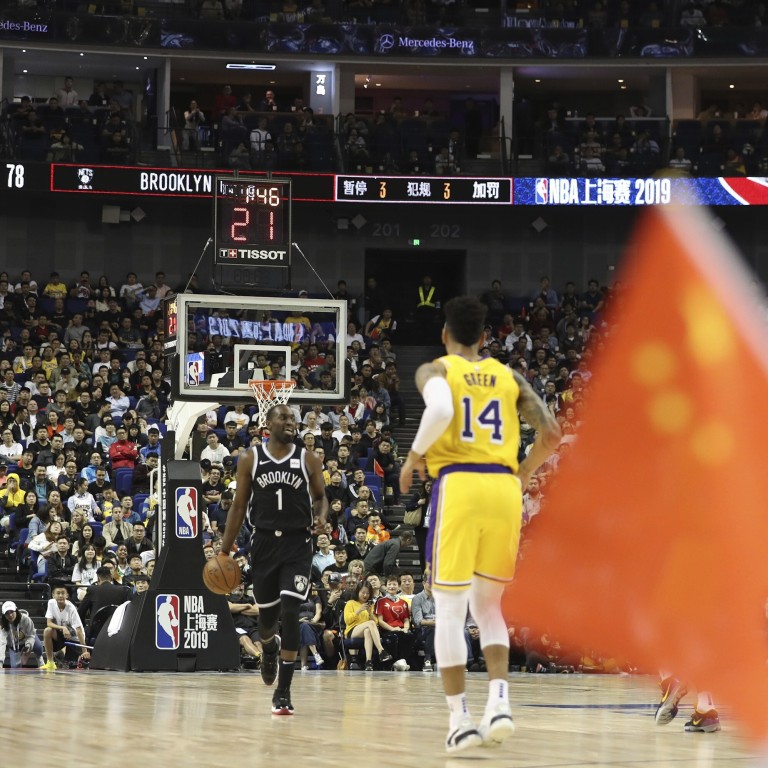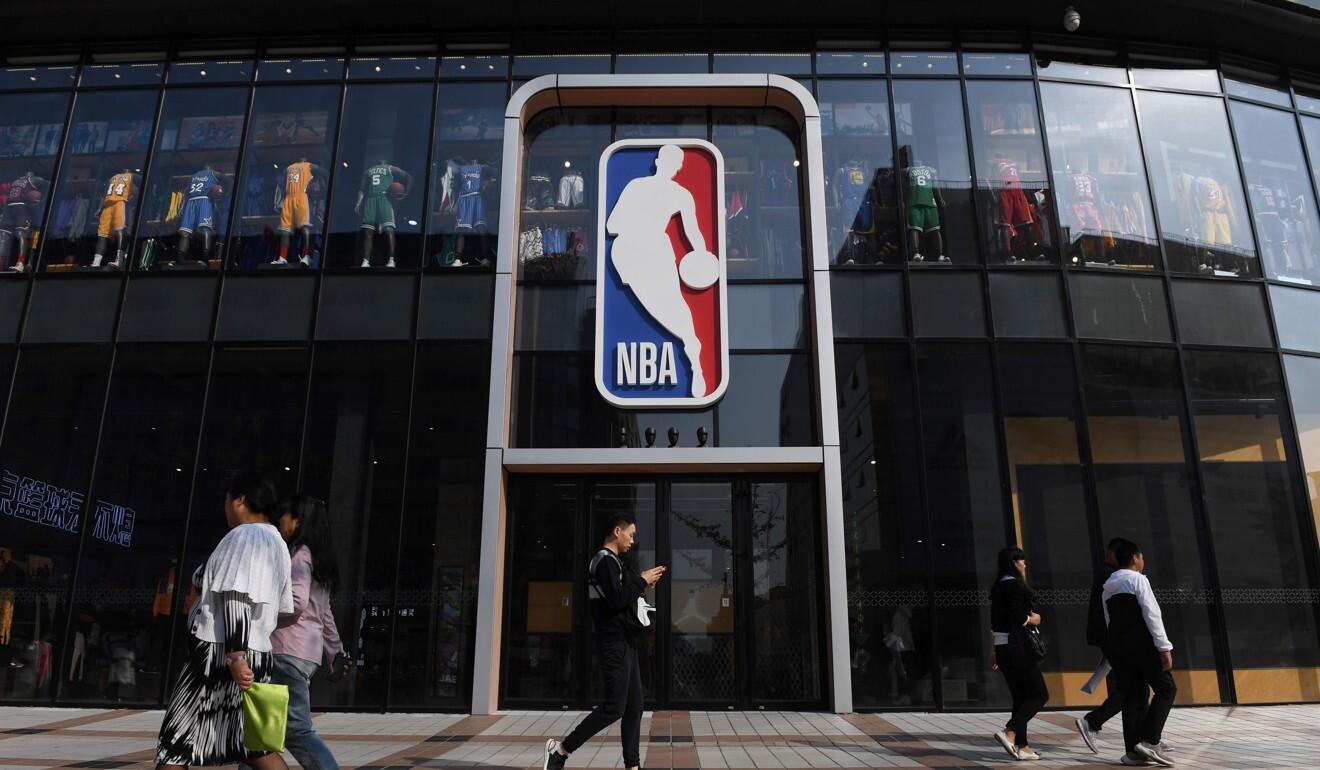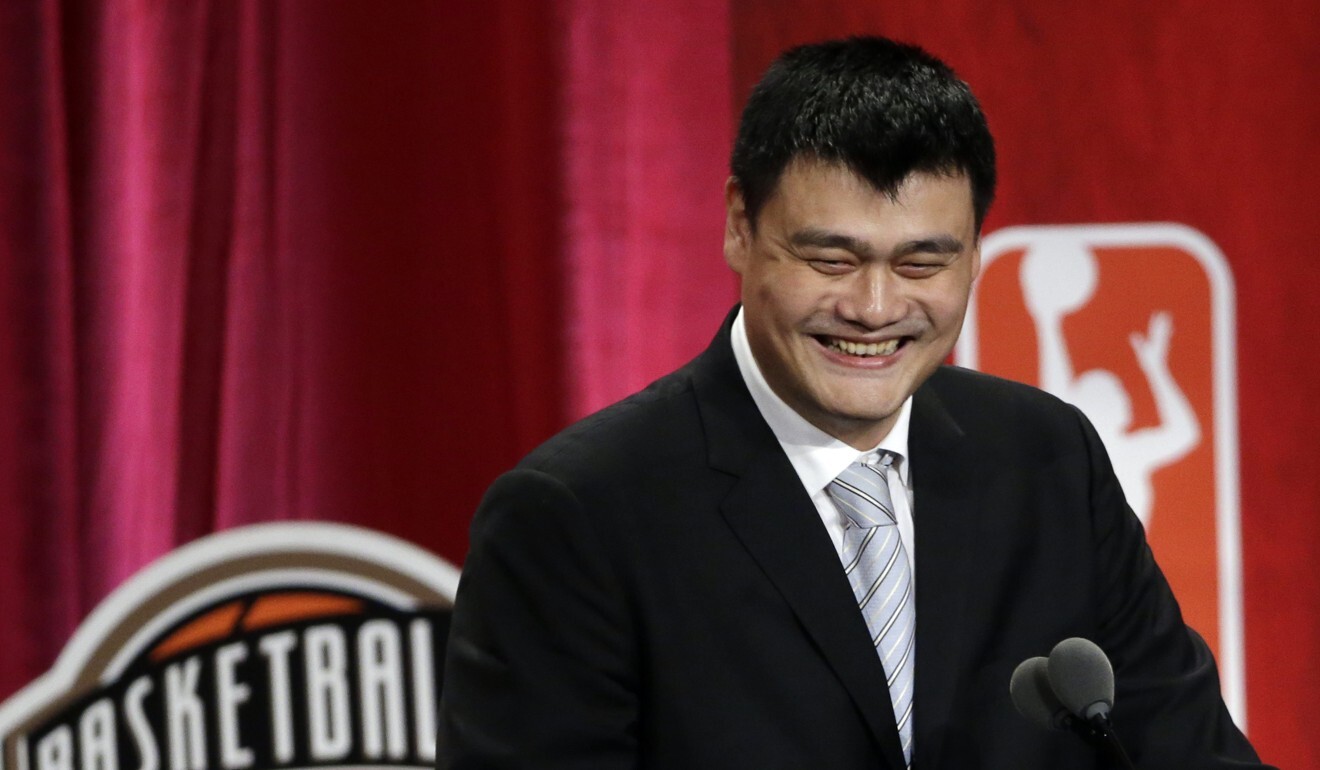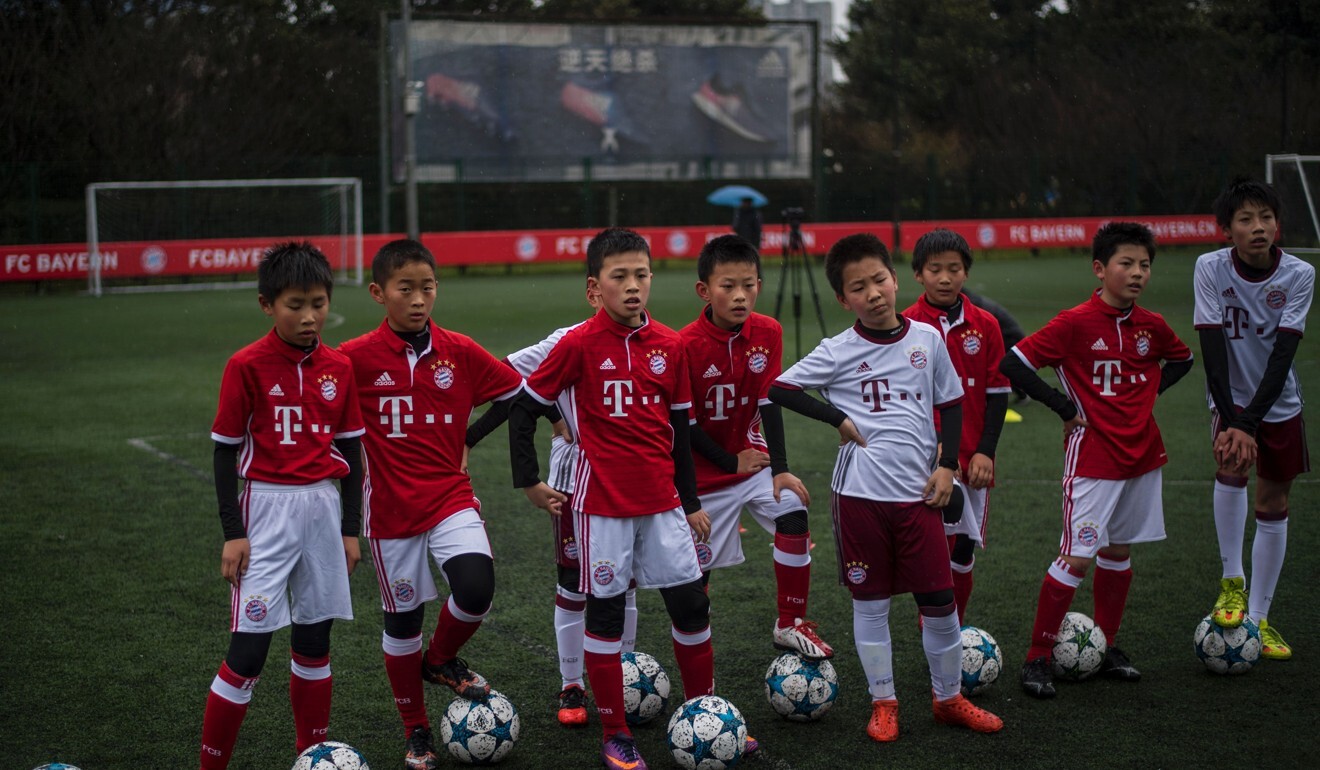
NBA not only ones looking for next Yao Ming as other sports still hope to cash in on China
- Bayern Munich chief’s reaffirmation of club’s desire for a Chinese player shows that priorities have not changed in China market
- Houston Rockets hall-of-famer remains the ideal across all sport – and that model has expanded to India approach
Social transformation and economic progress has been the hallmark of the last few decades of China and it is no coincidence that the dispersal of disposable income has seen the rapid rise of interest from Western sports leagues and their individual teams.
They all have a rather different “Chinese dream” – to get a star player from China into their team. Call it the “Yao Ming effect”.
The NBA got a jump on their rivals with the arrival of the big man in the 2002 draft but they have not managed to replicate it since. Yi Jianlian, Sun Yue and Zhou Qi followed, while Ding Yanyuhang and Guo Ailun tried and failed to make the draft.

Academies not 'fairy dust' needed to find the next Yao Ming in China, says NBA's Silver
CCTV is still refusing to broadcast NBA games even since the restart while Yao’s former team are still cancelled from the Chinese internet and online streaming.
Despite all the rancour and furore, the NBA has stood firmer than Yao did as Rockets centre. They have not pulled out of China and still the other academies continue.

“Find another Yao,” was their task when they were set up, according to two former employees who spoke to ESPN this week.
The NBA is not the only league to want its own Chinese superstar as German Bundesliga champions Bayern Munich reiterated this week.
Karl-Heinz Rummenigge, the chairman of the Bavarian behemoth, said as much to Xinhua: “We are ready to sign players from China and are very much looking forward to it.”
Bayern Munich’s Rummenigge confirms hopes for first Chinese player
Despite past searches for talent coming up short, the German champions press on with their academies.
“We have built four football academies in China and my philosophy is that there will be a Chinese player at Bayern at some stage. And there will be a lot of interest when we have this Chinese player,” then Bayern president Uli Hoeness told German media in 2017.
“If we then probably play at two o’clock on Saturday so that we can broadcast live in prime time in Shanghai or Beijing, then 300 million Chinese will press on their iPhone and pay one euro each,” he said.

Many European clubs have adopted the same approach of developing Chinese players in the hope of unearthing a gem, such as Barcelona.
“It will help,” if they were Chinese, he said. “I’m sure the audience will be higher and it will help the sponsor to be closer. We will see.”
It is not just China, of course. The rupee is almost as attractive as the yuan in the West.
Million Dollar Arm, a 2014 film, tells the true story of the first Indians to sign for an MLB side. Rinku Singh and Dinesh Patel were spotted by a sports agent after winning a reality show, they were eventually signed by the Pittsburgh Pirates and have since been released.
Satnam Singh, the first Indian to be drafted into the NBA by the Dallas Mavericks in 2015, was the subject of the 2016 Netflix documentary One in a Billion. Yao was mentioned as the touchstone throughout.
It is reassuring to know that despite the worst global pandemic since the Spanish Flu and a geopolitical situation that threatens to make even the most fearmongering 1980s Cold War cinema look tame, the Chinese dream is still in business.

